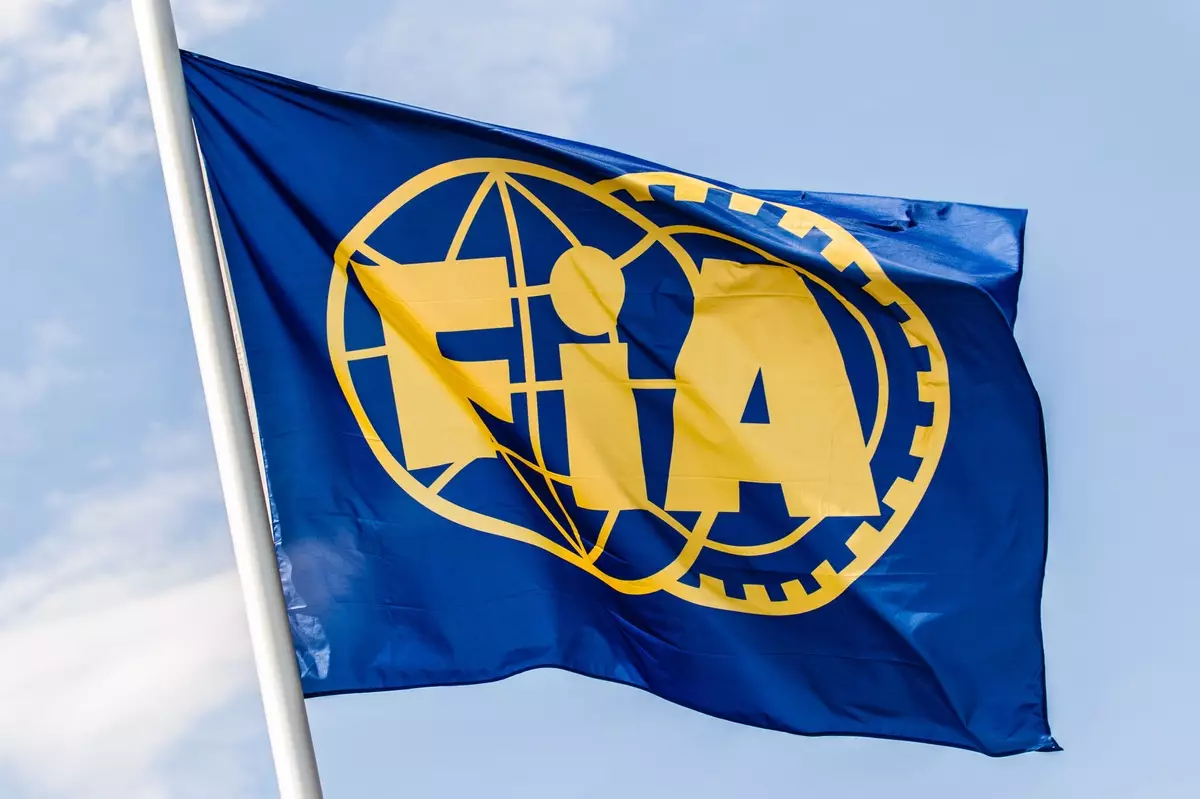The recent shake-up within the FIA (Fédération Internationale de l’Automobile) has sparked important discussions about leadership, empowerment, and the vital roles women play in sports governance. The departure of Sara Mariani, the FIA’s Director for Sustainability, Diversity, and Inclusion (D&I), highlights an ongoing transformation aimed at optimizing performance within the organization. After a short tenure of just 18 months, Mariani’s role was rendered redundant as the FIA restructures its approach to these critical facets of its mission. Such changes prompt us to reflect on both the challenges faced by women in leadership and the necessity for organizations to embrace adaptability.
Mariani’s heartfelt resignation note poignantly terms her departure as “sad.” She expressed her unanticipated exit, illustrating the often unpredictable and precarious nature of organizational roles in contemporary governance. Her comments emphasize a longing for a work environment where dedication and talent do not just exist but flourish. In her words, Mariani envisions a future where women leaders feel truly valued, a statement that serves as both a plea and a challenge to the FIA and similar entities.
Restructuring for a Sustainable Future
The FIA’s decision to split the functions of sustainability, diversity, and inclusion into two distinct departments can be viewed as a strategic move to streamline operations. With Willem Groenewald overseeing the sustainability arm and Alessandra Malhame stepping into the D&I realm, the FIA aims to integrate its internal and external efforts effectively. This approach underscores the importance of a cohesive strategy, which is critical considering the prevailing issues surrounding sustainability and equity in sports. It signals recognition that both sustainability and diversity are not merely add-ons but essential pillars for the growth and relevance of the FIA in the modern era.
While it seems like a proactive strategy, the departure of senior personnel raises pivotal questions about the FIA’s approach to nurturing talent. For Mariani to be removed from her role just when she was beginning to make an impact suggests that the governing body might be grappling with broader issues of institutional commitment to sustainable and inclusive practices. The restructuring should serve as a wake-up call for all organizations; fostering growth in leadership, particularly among women, cannot be an afterthought, but should be an ingrained principle.
A Trend of Unrest and Uncertainty
Mariani is not the only significant figure to exit the FIA recently. The loss of other key personnel, including the deputy president for sport, chief executive officer, and various race directors, points to a tumultuous period within the organization. This trend emphasizes a disconcerting aspect of sports administration — the acute struggle to maintain continuity while embracing necessary change. The continuous churn of leadership means that the FIA may face hurdles in fully realizing its objectives of sustainability and diversity.
In an age where corporate accountability, environmental considerations, and inclusive policies are paramount, the FIA’s structural changes need to be more than just symbolic. They should ignite a commitment that reverberates through every layer of the organization.
The call for enhanced leadership opportunities for women, articulated by Mariani, should not go unheeded. Rather, the FIA must seize this pivotal juncture to not only reflect on its leadership framework but to become a beacon of progressive change. The motorsport world thrives on innovation, and it is time for the FIA to drive a culture where empowerment is at the heart of its operations.

